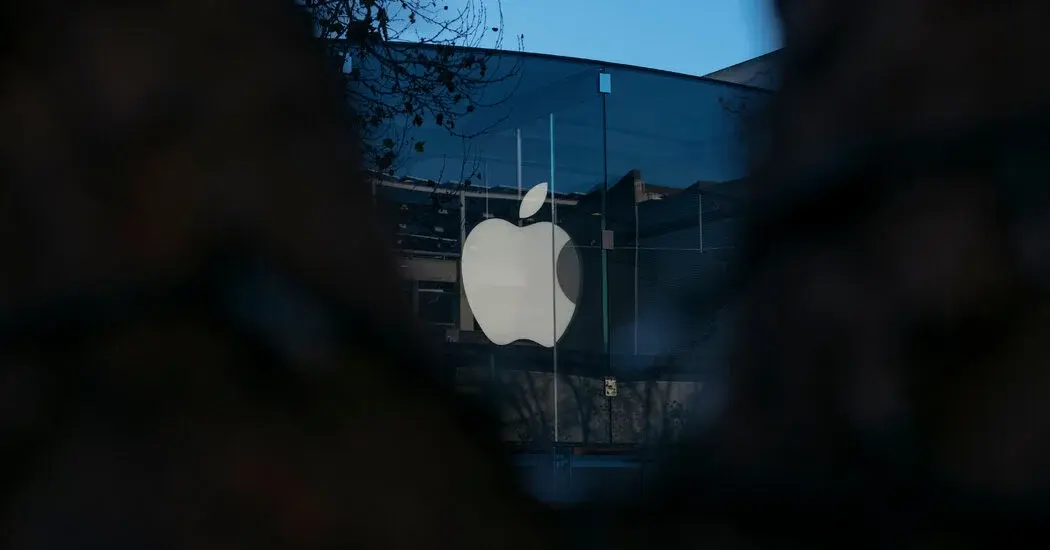- cross-posted to:
- pulse_of_truth@infosec.pub
- cross-posted to:
- pulse_of_truth@infosec.pub
The department joined 16 states and the District of Columbia to file a significant challenge to the reach and influence of Apple, arguing in an 88-page lawsuit that the company had violated antitrust laws with practices that were intended to keep customers reliant on their iPhones and less likely to switch to a competing device. The tech giant prevented other companies from offering applications that compete with Apple products like its digital wallet, which could diminish the value of the iPhone, and hurts consumers and smaller companies that compete with it, the government said.



Well, for starters, they design their own A_X_ and M_X_ silicon. When they were using Intel x86_64 silicon, the T_X_ security coprocessors were also custom / proprietary.
Consoles are all using custom AMD APUs that are still x86_64 based, so they have more in common with a Dell/Lenovo PC than anything Apple makes. Apple’s entire hardware lineup is about as proprietary as it gets.
x86_64 is a proprietary, licensed ISA. Both Intel and AMD’s microarchitectures implementing it are proprietary. Apple didn’t design their own ISA; they’re using ARM (which is also proprietary).
Consoles may be using x86_64, but they are not PCs. Very similar to PCs, but then so are Apple’s ARM machines. Both Apple’s computers and PCs use standard components and interfaces like USB, PCIe, and UEFI.
But all of this is beside the point. Even if Apple did build everything from scratch, why should that give them the right to lock down their computers? My point here isn’t about what is technically legal under current legislation, but what should be legal based on our values as a society.